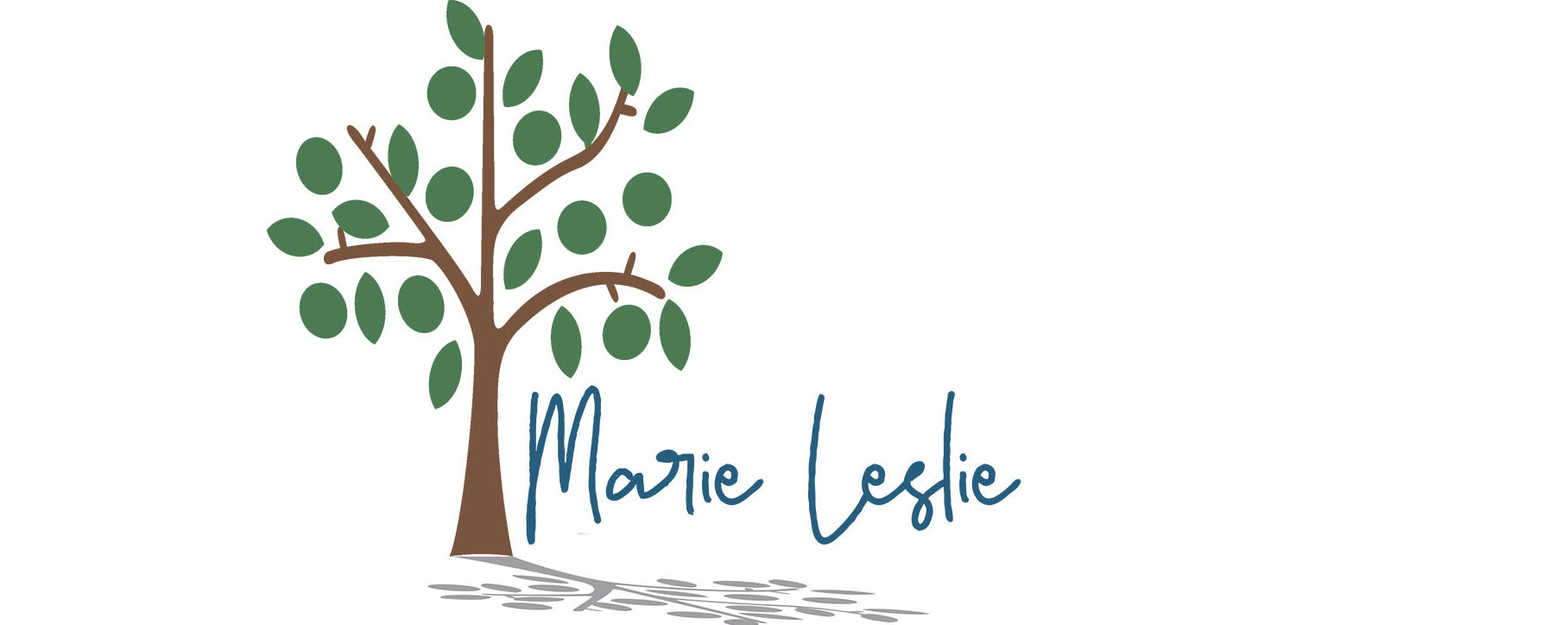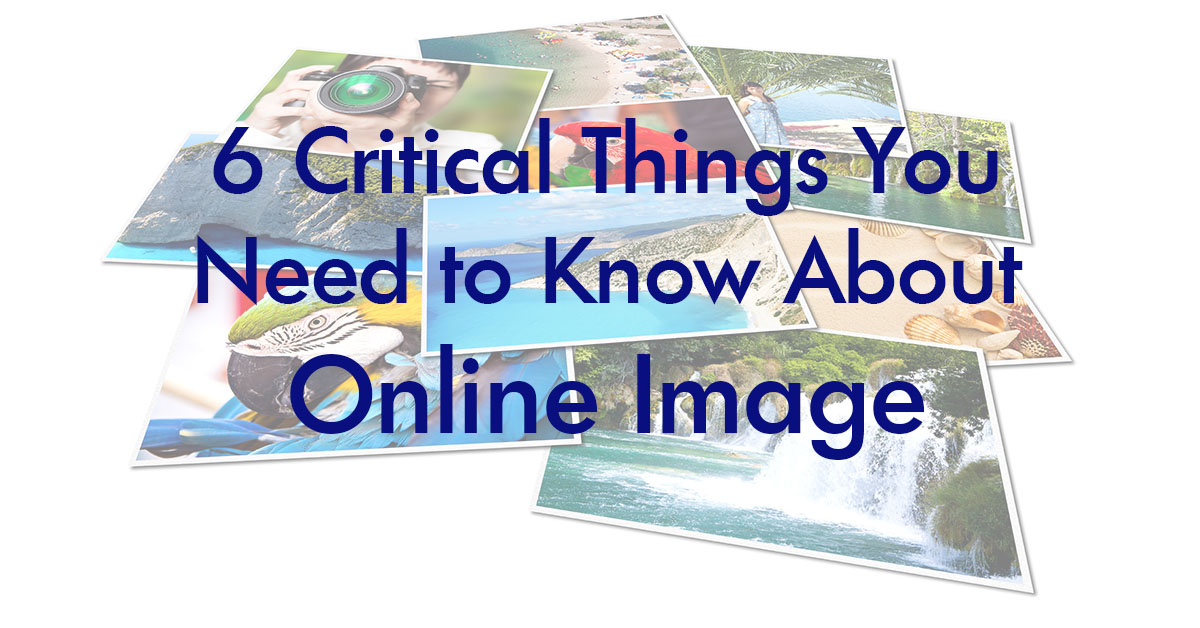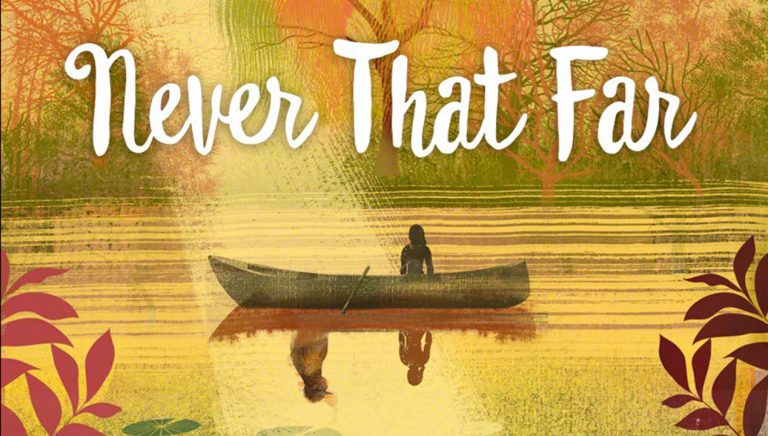6 Critical Things You Need to Know About Online Image Use
As a photographer and consultant, I hear a lot of questions about online image use. Most of these questions are about images people find on the web and want to put on their blog, website or Facebook page—or about using them in various products such as eBooks and advertisements.
These are six of the most frequently misunderstood statements regarding online image use–and offline as well. Breaking these rules can not only lead to some online embarrassment, but to legal and financial trouble as well. Just to make things clear and simple, when I refer to “images” I am talking about both graphics and photographs.
Critical Things You Need to Know About Online Image Use
1. I found it on Google so it’s ok for me to use it.

Finding an image on Google—or any other search engine—does not make it “fair game.” Since 1989, any image (especially photographs) is considered to be copyrighted from the moment of creation. Whether or not an image is registered with the US Copyright Office has no bearing on whether it is copyrighted.
Let me repeat that in case you missed it: Whether or not an image is registered with the US Copyright Office has no bearing on copyright status. Images are considered copyrighted from the moment of creation.
Copyrighted means that the creator of the image owns ALL the rights to it and you MAY NOT use it without their permission. Period. If you don’t have permission, you don’t have the right to use it. “I didn’t know who made it” is not a legal defense and will not protect you against a claim of infringement.
Images created before 1925 or by the US Government (with a few exceptions) are considered to be in the public domain and can be used without copyright restrictions.
2. I don’t sell anything on my blog so it’s ok for me to use images I find online.
It doesn’t matter whether you are a business or a hobby blogger, if you use someone else’s images online for your benefit, you are violating their copyright. No, you may not claim “fair use” as a way to use other people’s images on your blog or Facebook page. “Fair use” is a narrow doctrine and generally applies to online image use only when using excerpts or samples of a work in reviewing the piece. It is not intended to allow you to use someone else’s images to illustrate your blog without compensating them.
3. It doesn’t have a copyright or a watermark on it, so it’s ok for me to use.
See #1. An image is considered to be copyrighted the moment it’s created. An artist or photographer (who are artists, by the way, but that’s another rant) does not have to include a notice of copyright on either prints or digital works for them to be copyrighted. If you see it, assume it’s copyrighted.
Assuming an image is ok to use because you don’t see an obvious copyright mark is one of the critical mistakes people make. Learning images are always copyrighted unless you see otherwise is one of the critical things you need to know about online image use.

4. It’s royalty-free so I can use it however I want.
Royalty-free doesn’t mean unlimited use. It means if you have the right to use it, you don’t have to pay every time you use it. Make sure you read the terms of use and/or the license information for every image you purchase or download. These documents will tell you what you can and cannot use the image for. Ignorance is never a defense.
Understanding the terms copyright, license, and royalty-free are among the important things you need to know about online image use.
5. I paid for this image so it’s mine and I can do whatever I want with it.
You can’t. It’s that simple. Once again, you need to know what the terms of use are and how the image is licensed. Whether you like them or not, you agreed to them when you purchased or downloaded the image.
This also applies to those family portraits you had taken by your local photography studio. Yes, it’s you in the picture. No, it’s not yours to reproduce and distribute however you want UNLESS the photographer gave you specific permission. Of course, the photographer can’t use them either unless you have given him/her permission as that would violate your right to privacy (we’ll get into privacy v. copyright) in another post.
If you hire a photographer (whether portraits or other things) for the purpose of using them on your website, blog, Christmas card or business card, make sure you can use them for this BEFORE you have the pictures made. There are plenty of photographers who will license the images for you.

6. I’m actually helping this artist by giving them credit. They should thank me for helping advertise their business.
As a photographer, this is probably the most annoying and arrogant statement I hear and nearly every established artist I know will agree on this one. We know you don’t intend it that way, but after the 200th time we hear about how us giving away our work to you will make us so much money and build our businesses (and it RARELY happens), well, we’re just over it. It’s up to me how and where I advertise my business. 99% of the time it’s an excuse to try and get me to work for you for free.
A credit line doesn’t put food on my table any more than it puts food on yours. If you really want to use an image without laying out any cash for it, offer a barter. Give the artist a reason to want to allow you use of their images. Don’t insult either their business sense or their talent. Think about how you would feel if someone took your work and republished it or used it without your consent (and sometimes without credit or attribution) and then expected you to thank them for it.
Having trouble understanding some of these terms? Would you like to know more about how to legally use images for your business? Click the button below to get a copy of my FREE eBook on using images to build your business.
While there are other important things you need to know about online image use, these are six of the basics. And the questions I most frequently hear when I’m speaking about using images in your business. If you want to know more about copyright, read this recent post on things you should know about copyright.
How about you? Have you fallen for any of these misconceptions or have any other questions about image use you’d like to have answered? Leave me your questions and thoughts in the comment section below.






